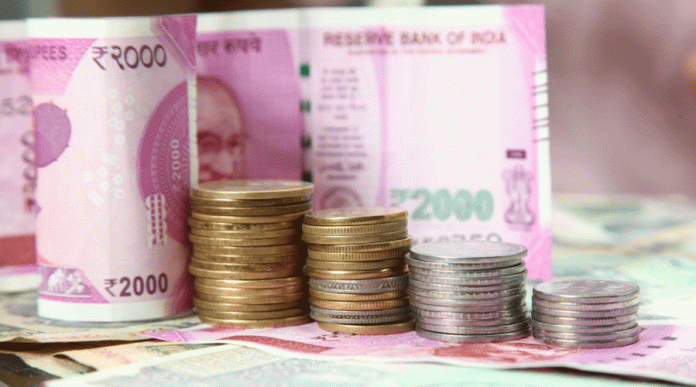- People in the know would nod in agreement that the global economic scenario increasingly appears dynamic with several undercurrents as well as pressing considerations playing precipitative roles on the back of less than favourable circumstances. As it is, the world can never be termed as stable even during a relatively peaceful time. However, the present situation is anything but peaceful as factors like the pandemic-induced economic damages and the ongoing Russia-Ukraine war have essayed a decisive part in rendering everything most challenging to deal with. No wonder, several countries are struggling to stay afloat by initiating prudent fiscal measures to tide over the crisis.

PC: Opinion Nigeria
- Of course, some countries have succeeded, and many others are desperately trying to emerge less scathed. And the struggle to stay relevant as also offering relief to citizens remains a priority for the authorities. The Indian government too is not found wanting in coming out with pragmatic fiscal measures that have helped the citizens to a great extent. The opposition ranks may not agree one bit at all. Nonetheless, the humungous population spread across a large swathe of the country makes the policymakers’ task of addressing concerns that much more difficult. Mind you, it’s a perpetual process with one or the other policy decisions aimed at extending succour to the citizens unveiled at regular intervals.
- Against this backdrop, the Reserve Bank of India this week initiated measures to allow rupee settlement of cross-border trade deals. This is a welcome move even if it’s still work-in-progress, but the essence is that Indian banks can act as custodians of funds in international transactions settled in rupees. These measures need to be located in the context of the immediate need to cope with developments in the foreign currency market and the long-term opportunities present in the gradual shift in the currency composition of global foreign exchange reserves. Welcomingly, global commodity prices have dipped since the level witnessed in May. For India, this augurs well.

PC: ABP News Bureau
- The average price of an Indian basket of crude in July was $106, about 9% below June. Although, it has been partially offset by the weakening of the rupee against the dollar on account of global reallocation of capital after prominent central banks started increasing interest rates. Since January, foreign portfolio outflows have crossed $30 billion. Further, in addition to market intervention, RBI adopted other measures to cope with the rupee depreciation. Last week, it liberalized forex inflows. Now, it’s provided a window to settle trades in rupees serving two purposes. It helps India grab opportunities such as discounts on Russian oil and also allows Indian firms to settle trade in rupees to circumvent Western sanctions that bite because of their dominance over the global financial system.
- As you are aware, India imported $1.3 billion of Russian crude in April, and this is likely to further increase. Yes, the US dollar’s hold is slowly receding-it’s about 59% now from a level of 70% two decades ago. As experts suggest, this trend will continue as countries de-risk holdings. Thus, what does it entail on the part of the Government think tank on the emerging situation? India needs to seize the opportunity ahead and also complement the effort initiated by RBI through relevant policy tweaks sooner than later. Hopefully, things will turn better.






